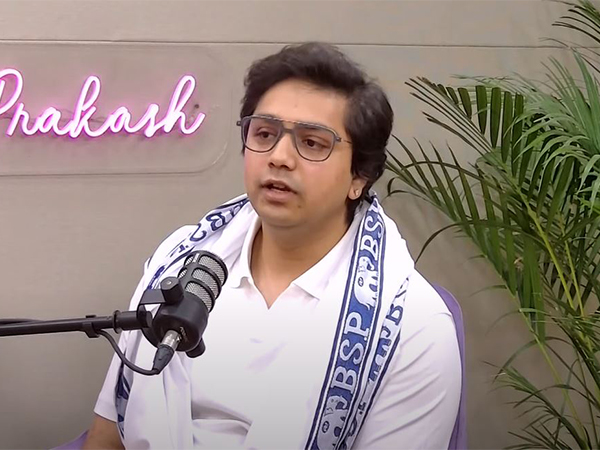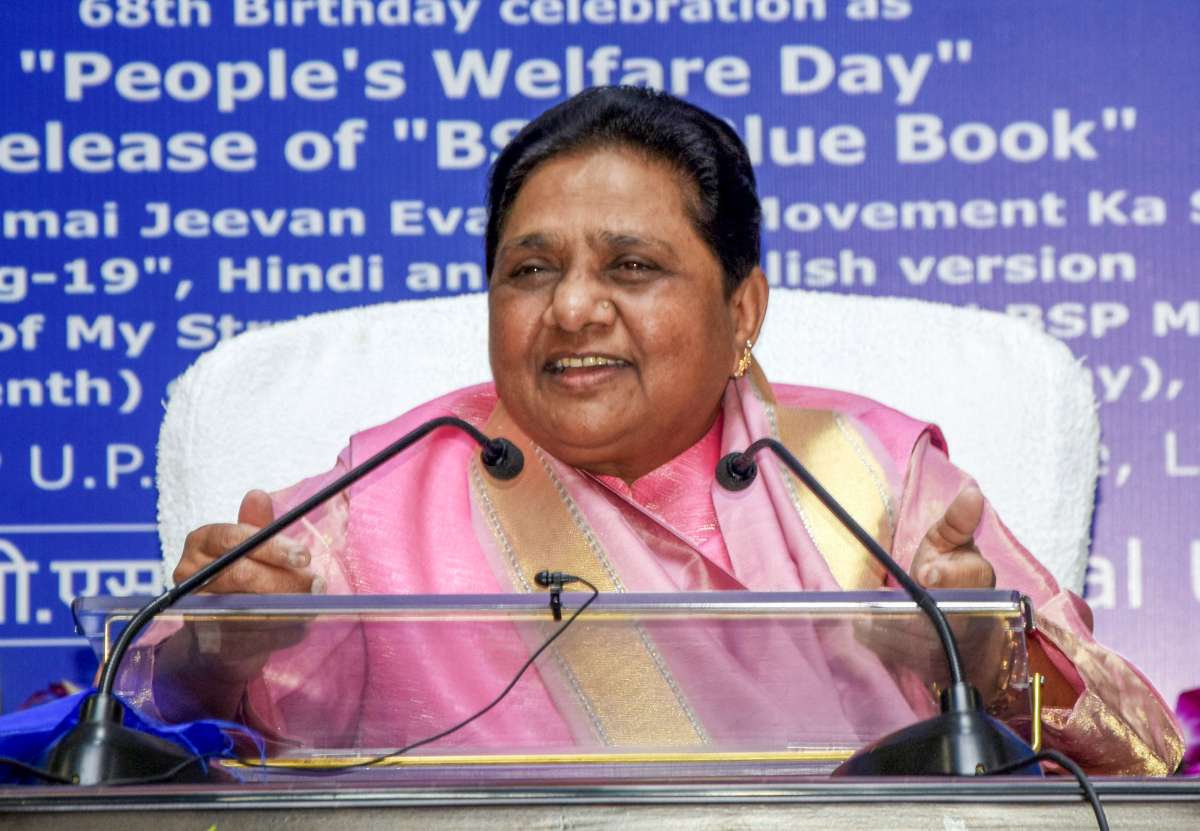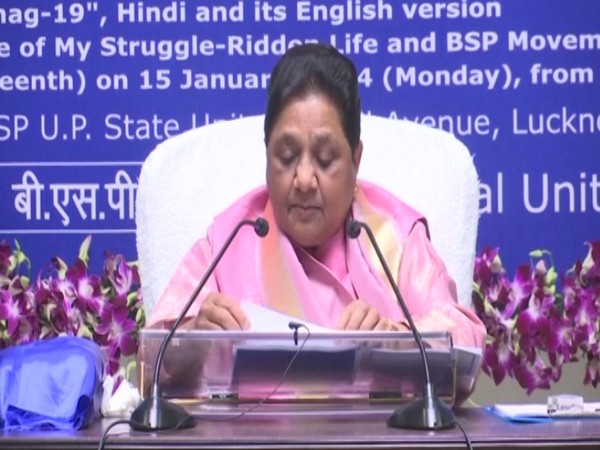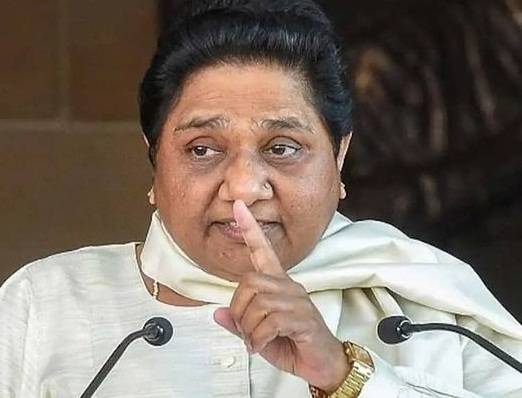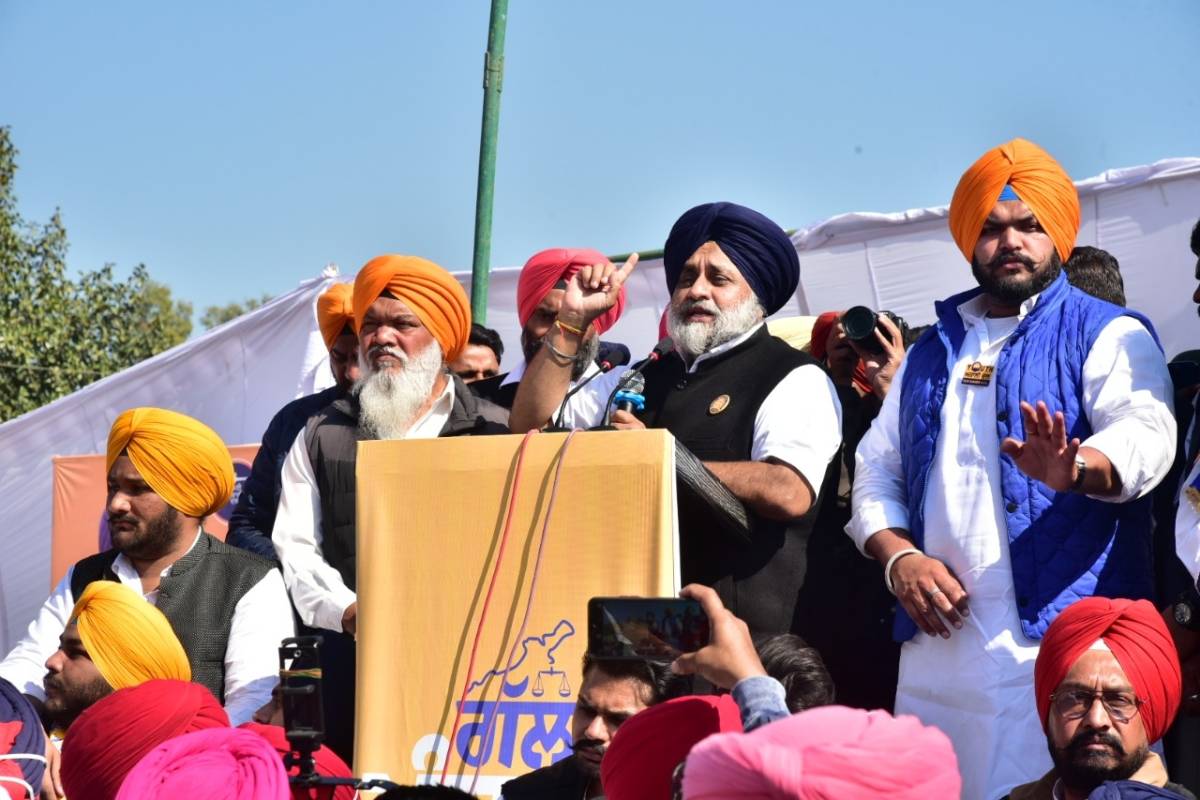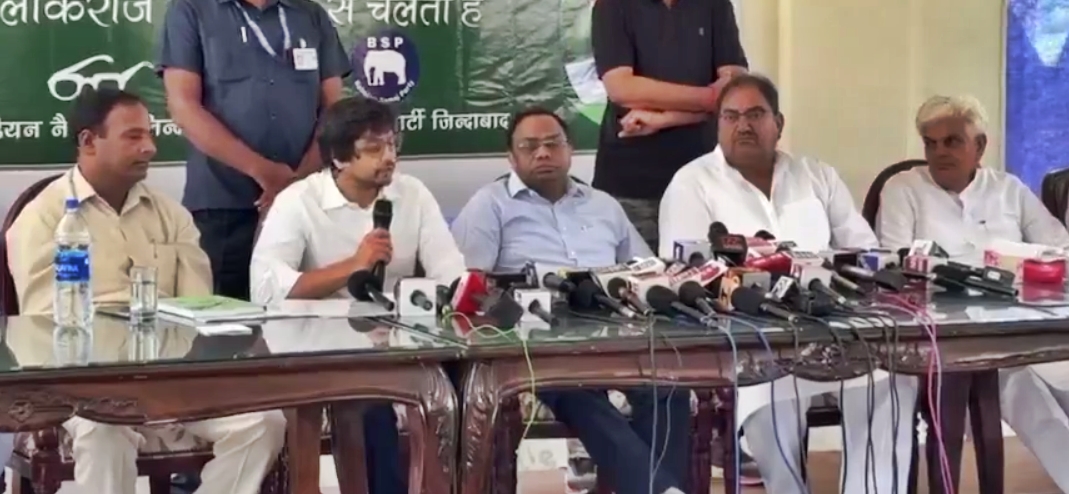
INLD, BSP to jointly contest Haryana Assembly polls
Announcing the alliance BSP supremo Mayawati said the two parties had come together to uproot the anti-people parties the Congress and the BJP…reports Asian Lite News The Indian National Lok Dal (INLD)





